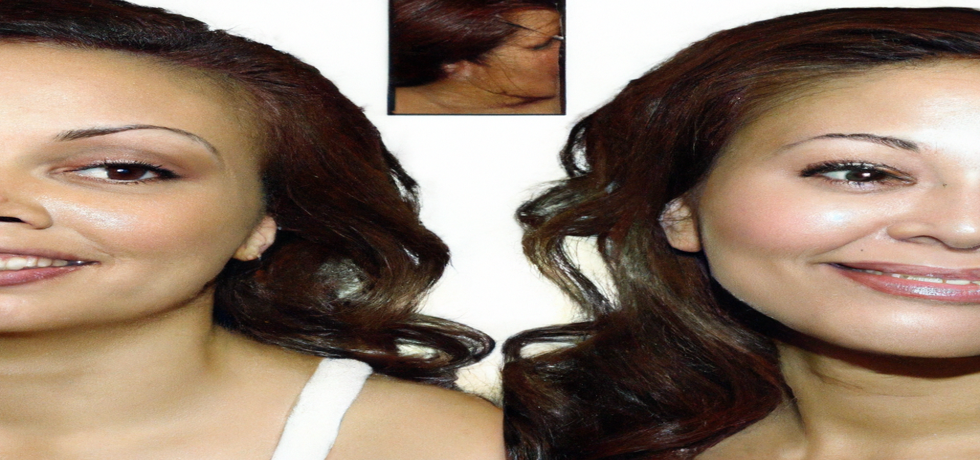
Retinol vs. Retinoid: Unveiling the Ultimate Skin Revival
Introduction to Retinol and Retinoids
Are you on the quest for flawless skin? If so, retinol and retinoids should be key players in your skincare routine. Both of these powerhouse ingredients are celebrated for their ability to rejuvenate skin, making them essential for anyone looking to improve their skin’s overall health and appearance. Although they’re often mistakenly considered the same, understanding their differences can lead you to the ultimate skin revival. Lets explore the unique characteristics of retinol and retinoids to determine which might be best for you!
What is Retinol?
Retinol is a natural form of Vitamin A that finds its way into a multitude of skincare products. It’s revered for its ability to make the skin appear brighter, smoother, and softer while reducing the signs of aging, such as fine lines and wrinkles. However, the journey to effectiveness isn’t instant. Retinol undergoes a transformation into retinoic acid via specific enzymes in your skin. This conversion process takes time, and results are typically noticeable after a few months of consistent use. Thus, if youre patient, retinol can be a fantastic addition to your anti-aging solutions!
Understanding Retinoids
On the other hand, retinoids are a broader category of compounds derived from Vitamin A. This group includes various forms such as tretinoin, adapalene, and tazarotene, each offering unique benefits. Retinoids are particularly noted for their acne-fighting properties and their ability to enhance collagen production, contributing to skin elasticity. Given their potent formulations, retinoids often deliver faster results compared to retinol. For those battling specific skin concerns like pigmentation and acne, a retinoid may be a more suitable choice in their skincare regimen.
Retinol vs. Retinoid: The Key Differences
When drawing a comparison between retinol and retinoids, it’s essential to highlight a few crucial points:
1. **Molecular Structure:** Although both are derived from Vitamin A, their molecular structures differ. Retinols unique structure means it converts to retinoic acid at a slower rate, while retinoids act more swiftly on the skin.
2. **Strength Levels:** Generally speaking, retinoids are more potent due to their higher concentration. This potency enables them to accelerate skin cell turnover, which is beneficial for various skin issues.
3. **Availability:** Retinol is widely available over-the-counter and is often recommended by dermatologists as a starting point for many. In contrast, retinoids might require a prescription and are not typically found in standard retail shelves.
Choosing the Right Option for Your Skin
So, how do you decide which is the best fit for your skin? For those with normal skin seeking general anti-aging benefits, retinol-infused serums and moisturizers might be the way to go. Conversely, if you struggle with specific concerns such as acne or hyperpigmentation, opting for retinoids could provide quicker relief, albeit with possible initial dryness or peeling. Regardless of your choice, always consult with a dermatologist to tailor your skincare approach effectively.
Final Thoughts and Recommendations
Understanding the nuances between retinol and retinoids is crucial for enhancing your skincare regime and achieving that ultimate skin revival you desire. While both ingredients can lead to remarkable improvements, your unique skin type and concerns will dictate your best option. Dont forget to always conduct a patch test before introducing any new products into your routine!
FAQs
Q: Which ingredient is better for skin, retinol or retinoid?
A: In general, retinoids are often considered the superior choice due to their higher concentration and faster action. However, individual skin conditions and sensitivities must be taken into account.
Q: Should I use retinol daily?
A: Most individuals can incorporate retinol into their daily routine, starting with a lower concentration and gradually increasing as their skin adapts.
Q: Can retinoids cause irritation?
A: Yes, retinoids can cause dryness and peeling at the start, so its wise to use them sparingly initially and pair them with hydrating products.
For professional assistance and expert advice from leading dermatologists like Dr. Hital Patel, experience the benefits of Retinol vs. Retinoid: Unveiling the Ultimate Skin Revival with Hair & Skin Specialist Dr. Hital Patel at
The Skin Artistry. Our clinics in PDPU Gandhinagar, Vastrapur Ahmedabad and Hyderabad (Visiting Consultant) offer top-quality care and personalized treatments. Visit us today to learn more about our services and take advantage of our special offers! For more insights, updates, or to collaborate, stay connected with
The Skin Artistry.


